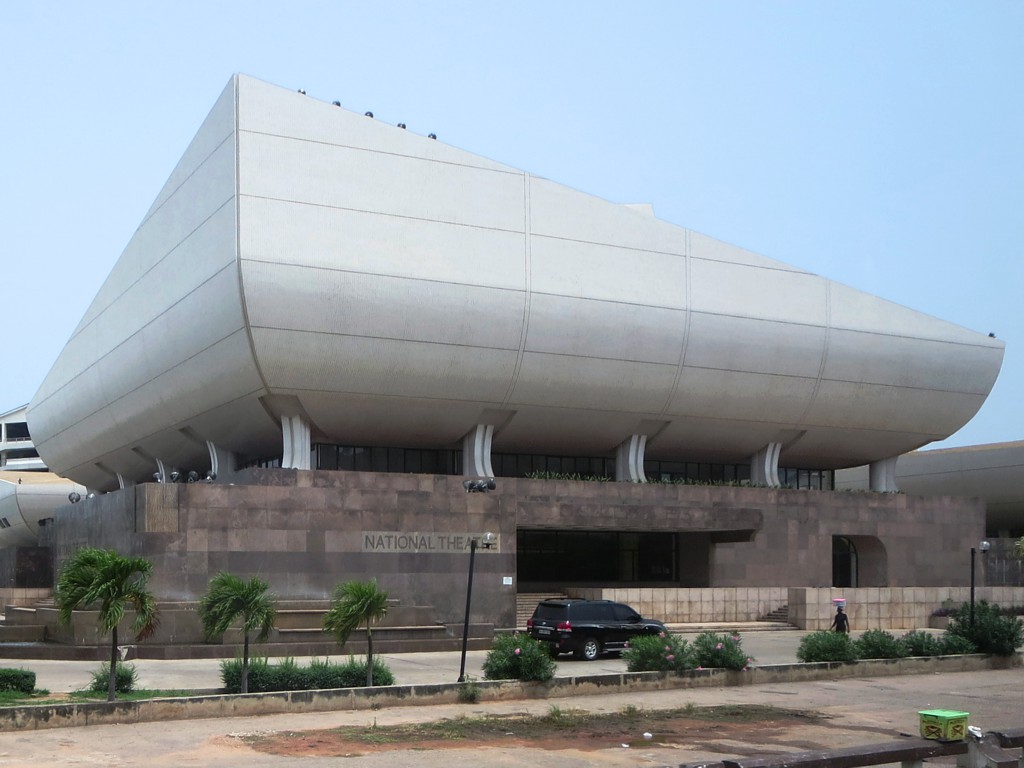Ghana’s theatre and entertainment industry has long faced significant challenges, struggling to manage rising production costs against limited revenue streams.

A key issue is the 21.9% tax on ticket revenue imposed by the Ghana Revenue Authority (GRA), which stakeholders in the industry identify as a major barrier to growth.
This tax, combined with high operational expenses, has created a difficult environment for theatre producers, artists, and audiences alike. Industry experts are urging policymakers to introduce reforms aimed at fostering growth rather than stifling creativity.
“Theatre and live entertainment are integral to Ghana’s cultural identity and economic progress. However, the 21.9% tax on ticket revenue makes it almost impossible for productions to break even, let alone thrive. This discourages investment in creative projects, reduces job opportunities, and undermines the promotion of Ghanaian culture,” stated Kofi Adinkra, founder of the Africa Arts Network (AAN).
The Burden of Multiple Taxes
Theatre productions and entertainment events face taxation at multiple levels, exacerbating financial pressures for producers. Taxes are applied to venue rentals, production goods and services, professional fees, and ticket sales. These cumulative taxes severely limit resources available for covering costs or reinvesting in future productions.
High Costs, Slim Margins
Theatre productions are already contending with high costs, such as venue rentals, technical equipment, marketing, and salaries for cast and crew. Margins are slim, and the ticket revenue tax adds further strain, threatening the viability of many productions.
Highlighting the challenges, the Africa Arts Network cited the recent production You Play Me I Play You, which faced steep expenses across logistics and marketing. “The tax burden compounded an already difficult situation. We had to secure loans to cover debts and taxes, worsening our financial position,” explained Mr. Adinkra.
“Imagine dedicating your heart and soul to a production, only to lose nearly a quarter of ticket revenue to taxes. Producers are left with minimal resources to sustain their work or plan future projects,” he added.
Looking ahead, AAN revealed plans to reconsider its operations and ticketing approach for the upcoming OB Amponsah Stand-Up Comedy Special on December 21, 2024, at the Bukom Boxing Arena. To ease financial pressure and increase accessibility, the organization is exploring an open-gate policy, relying on audience donations to support production costs.
Impact on Audiences and Culture
The tax on ticket sales also impacts audiences, as producers are often forced to raise ticket prices, making theatre less accessible to the average Ghanaian. This limits attendance and restricts the reach of cultural expressions.
“Theatre is a vital platform for storytelling, education, and cultural preservation. Excluding audiences through high prices not only harms the industry but also denies communities their cultural heritage,” noted Mr. Adinkra.
A Call for Policy Changes
The Africa Arts Network is advocating for comprehensive tax reforms to stimulate growth in the industry. Key recommendations include:
- Zero-Rated Tax on Ticket Sales: Allow productions to flourish in a growing industry.
- Tax Incentives: Offer breaks for new productions and those promoting Ghanaian culture.
- Reinvestment in the Industry: Allocate a portion of tax revenue to fund grants, subsidies, and infrastructure for the arts.
- Public-Private Partnerships: Encourage government-private sector collaborations to support creative projects.
A Thriving Theatre Industry Benefits All
A vibrant theatre and entertainment sector has the potential to drive long-term economic and social benefits, including job creation, tourism growth, and the global promotion of Ghanaian culture.
“This issue goes beyond taxation. It’s about nurturing an industry that can transform lives and elevate Ghana’s cultural status. Productions like You Play Me I Play You highlight both our potential and the obstacles we face. We call on the government to engage stakeholders and implement policies that reflect the industry’s needs,” Mr. Adinkra concluded.
The Africa Arts Network remains committed to promoting the African experience through creative arts, advocating for policies that allow the sector to achieve its full potential.

